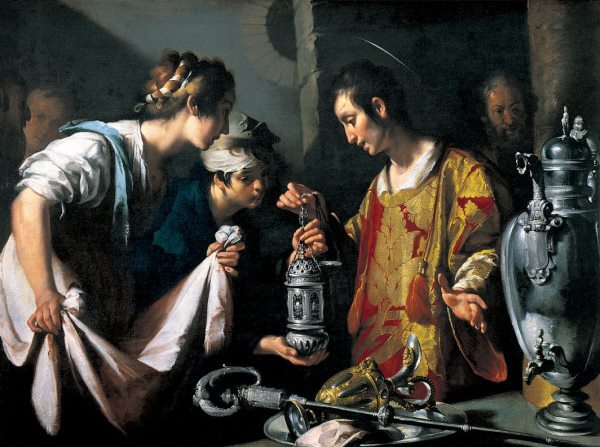
Shortly after 10 a.m. on September 4, 2018, the Rev. Dr. Lawrence R. Rast Jr. declared the beginning of the 173rd academic year of Concordia Theological Seminary (CTSFW), Fort Wayne, in the name of the Father, Son and Holy Spirit. President Rast preached for the Opening Service, speaking on the demands of Seminary in context of Jesus’ declaration that His yoke is easy, His burden light. “Some of you take up that yoke for the first time today as a student,” he said. “Others have been doing so for some time. But those of us who have been around for a bit know that the Seminary isn’t easy; and it’s not supposed to be. We are a graduate school of theology. We are academically demanding. The courses are not light. If the classes don’t get you to this point, fieldwork and family needs will contribute to that as well. And so this text, which our Lord intends to be comforting, can cause us distress.
“But when you feel this way, remember,” he continued. “You are so dear to our Lord Christ that He yoked Himself to the burden of the law, fulfilling it. He yoked Himself to death in your place that you might have life. And now you are yoked to Him through baptism into His death, so that just as He was raised from the dead, you and I too will have newness of life eternally.”
After the sermon, the following men were installed as newly appointed faculty and ordained staff:

The Rev. Dr. Don C. Wiley was installed for the second year in a row, this time as assistant professor of Pastoral Ministry and Mission. Last year he served the Seminary as guest professor.
Sergio A. Fritzler, dean and professor at Centro de Misericordia y Seminario Concordia “El Reformador” in the Dominican Republic, was installed at CTSFW as director of SMP Español/English.
Paul G. Hopkins was installed as an advancement officer. A 2005 graduate of CTSFW (whose son graduated from the Seminary only ten years later in 2015), he knows and understands the needs of her students.
“And so redeemed by Christ, baptized into His death and resurrection, knowing the Father because Jesus has chosen you to receive His revelation: be at peace,” President Rast concluded in his sermon, speaking to the Seminary community, drawn together by their roles as faculty, staff, students and family. “For Christ is your peace, your Sabbath; rest and remain in Him today and always.”

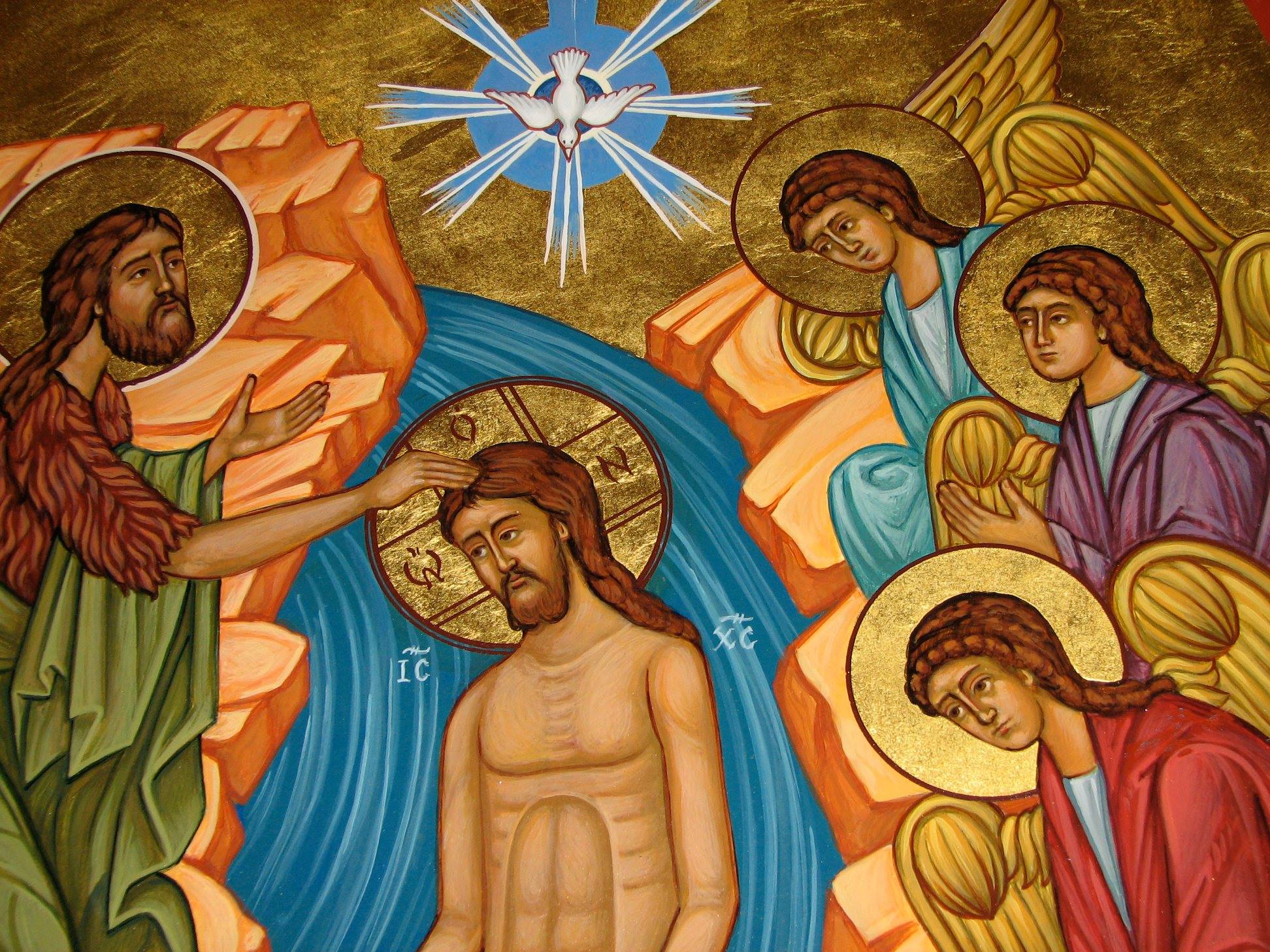
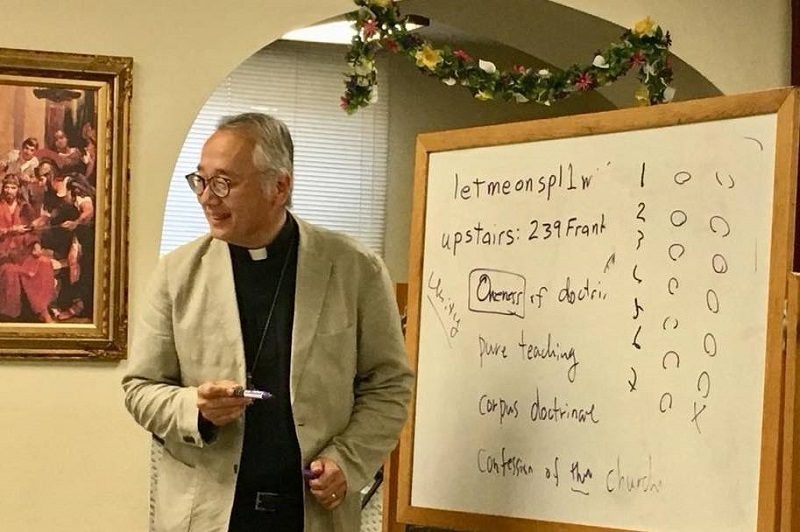 Dr. Masaki led one of the last continuing education courses of the summer nearly three weeks ago, teaching on the Formula of Concord to a little over 20 participants at St. Paul’s Evangelical Lutheran Church in Council Bluffs, Iowa. “As always, so enjoyable to teach the Book of Concord, this time the Formula,” he said of the class.
Dr. Masaki led one of the last continuing education courses of the summer nearly three weeks ago, teaching on the Formula of Concord to a little over 20 participants at St. Paul’s Evangelical Lutheran Church in Council Bluffs, Iowa. “As always, so enjoyable to teach the Book of Concord, this time the Formula,” he said of the class.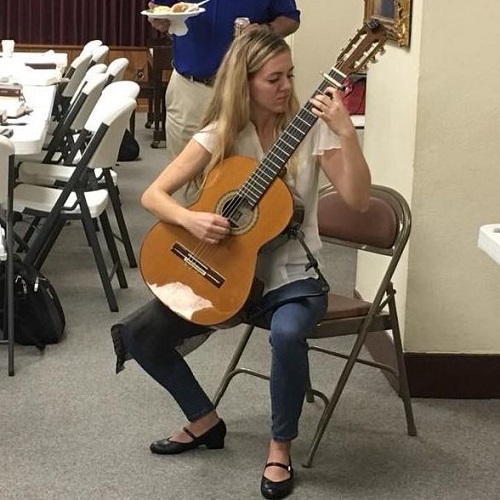
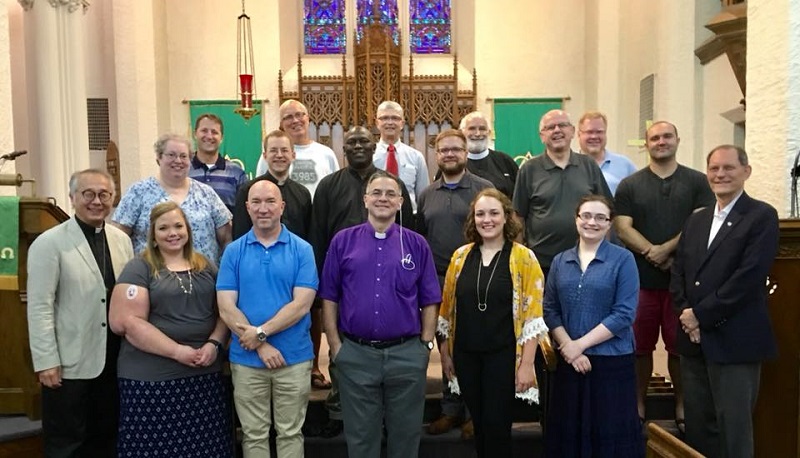
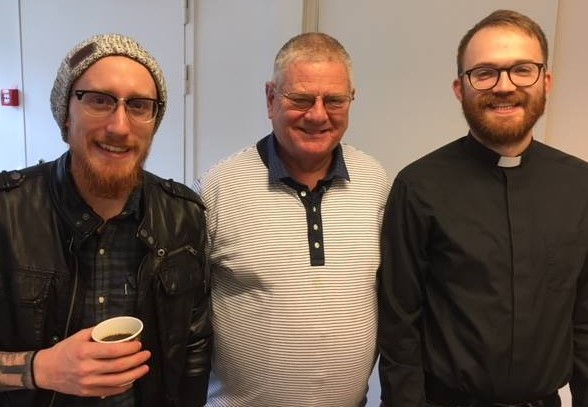 From August 23-26, Dr. Pless gave three lectures at Lutheran Study Days in Bergen, Norway. There were a couple of familiar faces among the students: CTSFW student Philip Bartelt (Sem II, as of this fall) and former student Eirik-Kornelius Garnes-Lunde (standing on the right).
From August 23-26, Dr. Pless gave three lectures at Lutheran Study Days in Bergen, Norway. There were a couple of familiar faces among the students: CTSFW student Philip Bartelt (Sem II, as of this fall) and former student Eirik-Kornelius Garnes-Lunde (standing on the right).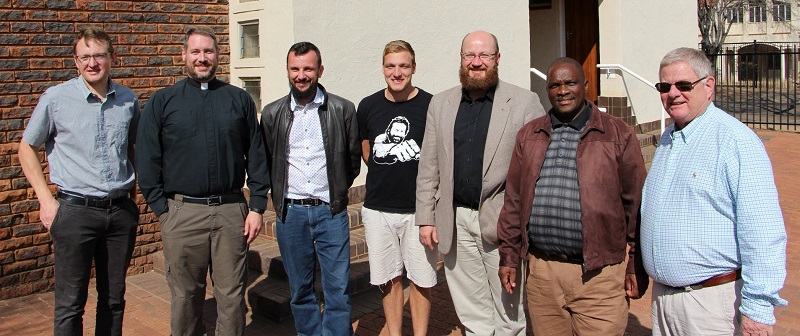 Also included is this picture taken during “Workshop on the Land,” a pastor’s conference in South Africa from the week before, showing Dr. Pless with all the former CTSFW students in attendance at the conference.
Also included is this picture taken during “Workshop on the Land,” a pastor’s conference in South Africa from the week before, showing Dr. Pless with all the former CTSFW students in attendance at the conference.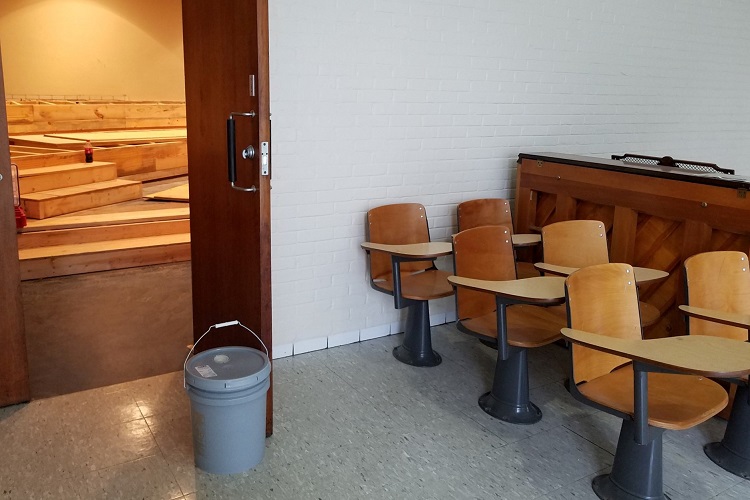
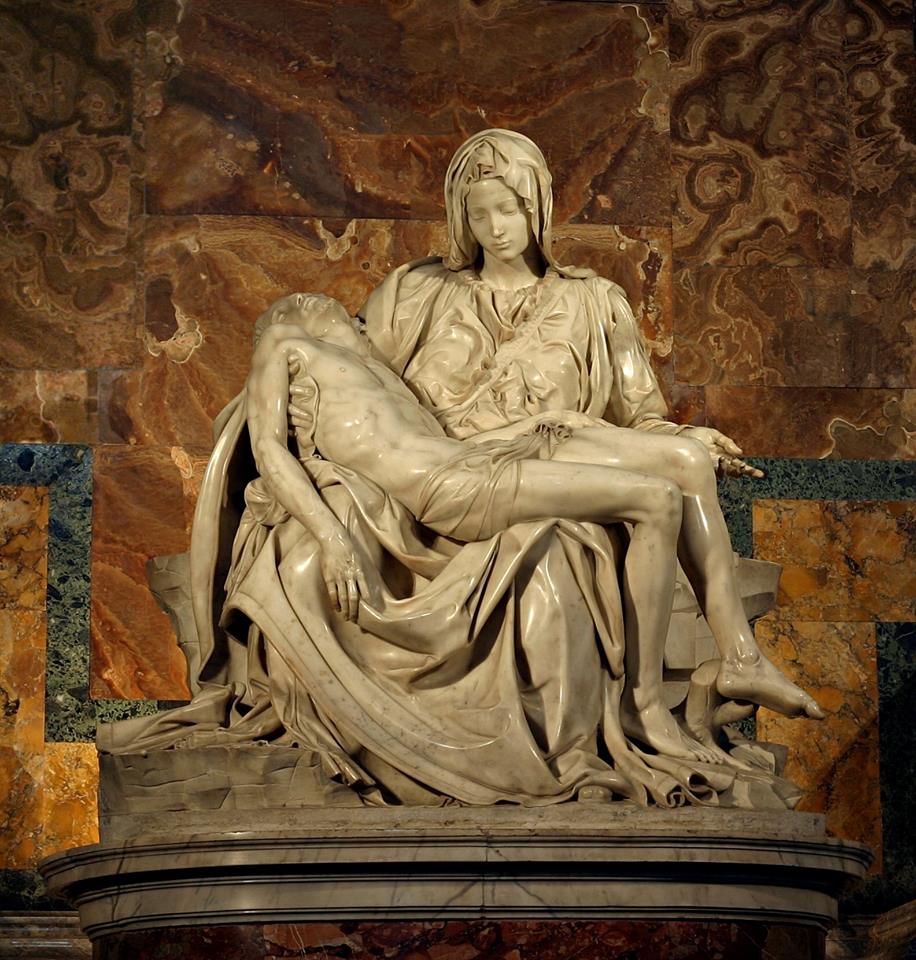
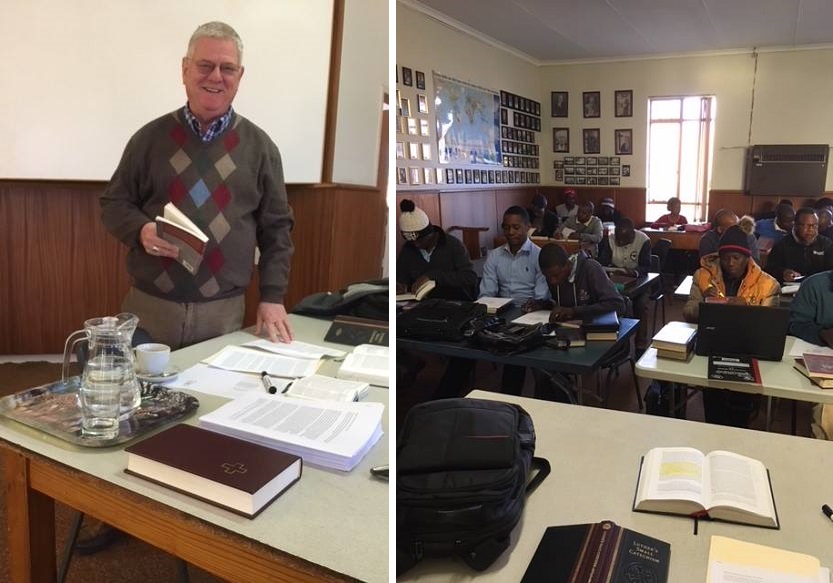
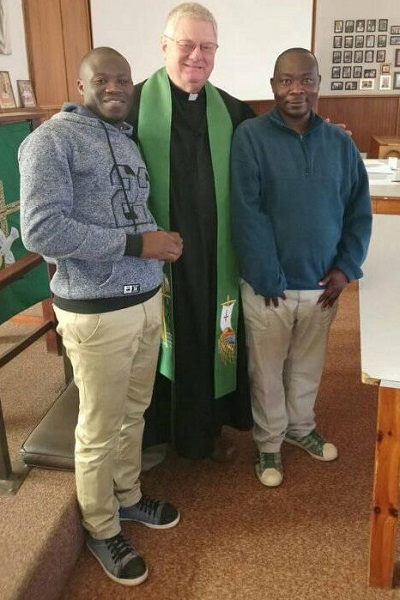 Dr. Pless’s two-week course at the Lutheran Theological Seminary in South Africa ended last week with a final exam on the Lord’s Prayer, after which he preached in chapel. He is with students Gentil Magala (left) and Eddy Nakala (right).
Dr. Pless’s two-week course at the Lutheran Theological Seminary in South Africa ended last week with a final exam on the Lord’s Prayer, after which he preached in chapel. He is with students Gentil Magala (left) and Eddy Nakala (right).